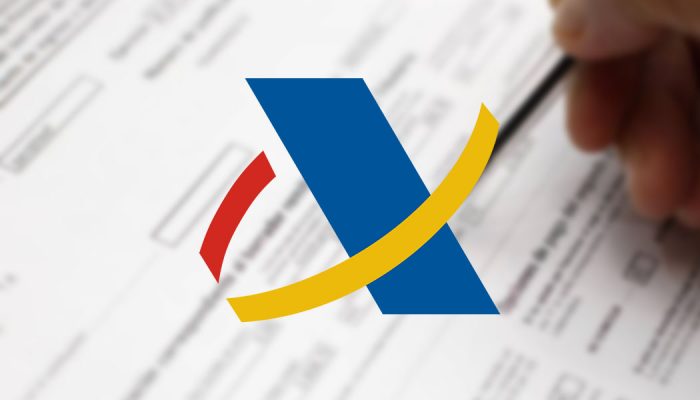Some type of expenses fall in a grey area: those for which it is difficult to draw the line between business and personal use. What to do in this case?. Take your car and its petrol, for example. How to offset the petrol against tax? What if you buy a car?
Car
The law for Corporate Tax ( which also applies to Autonomos in some ways) makes distinction between a vehicle which is linked to a business activity and the one which is not. This means that a multi-use car is not contemplated, i.e half the time is used for business purposes while the rest is used for personal use. (This would fit what most self-employed individuals do with their car!)
If we operate by means of a limited company the solution is simple. Putting the car in the company’s name will allow us to offset the depreciation of the vehicle when buying it and offset all the maintenance costs.
If we are self-employed, it is another thing. Proving effectively that the car “belongs exclusively to the business” before a tax inspector is not easy.
Things that help are ( though not mandatory):
-
- Your activity undoubtedly requires a vehicle*
- You have another car for personal use.
- Your car is signed with your business logo and so on.
*We are referring to regular cars. If you have a van for your business, this does not normally present a problem.
Strange as it may seem, the IVA law does not treat the car the same way. This one does contemplate the possibility to have the car shared between business and personal use.
So in the case that we are unable to prove satisfactorily that the vehicle is used exclusively for business we still can claim that it has a shared use and deduct 50% of the IVA in the invoice for its purchase (or rental) or maintenance and repairs.
Petrol
This is a subject very much related to the previous one.
Once again, for limited companies there is normally no objection to offset the totality of costs in petrol provided that:
-
- You can justify the need of a car in your activity.
- The company owns the car*
*In cases where the company’s owner uses his own personal car it is not possible to include the invoices for petrol.
Lately, the Tax Administrations are asking an additional requirement to be able to deduct petrol invoices:
- The invoice should be linked to the company’s car by indicating the plate number, in addition to the company’s tax ID.
Do this!.
When asking for the invoice in your petrol garage ask to include the plate number of the your car as a note. Many templates for petrol stations already have a place for this.
For autonomos that meet all requirements stated above, whose vehicles are 100% attached to the business things work in a similar way.
In cases where the car is shared between personal and business use, you might be able to deduct successfully part of your cost in petrol in practice. Remember that much of this is subject to interpretation by the inspector and there is no guarantee that your view will be shared.
In this case the risk might be that the inspector concludes that the invoices that you include for petrol represent your whole cost of petrol, including both business and personal use, and therefore, he takes away half of it as non-deductible.
Knowing this before-hand, do this:
Include in your books all the invoice in petrol (for personal and business use) and then divert 50% of the IVA to an account for “non-deductible expenses”. In this way, you actually do what the tax inspector would do, but you make sure that the amount you offset is really what you use for business proposes and not half of it.
 Limit Consulting
Limit Consulting
